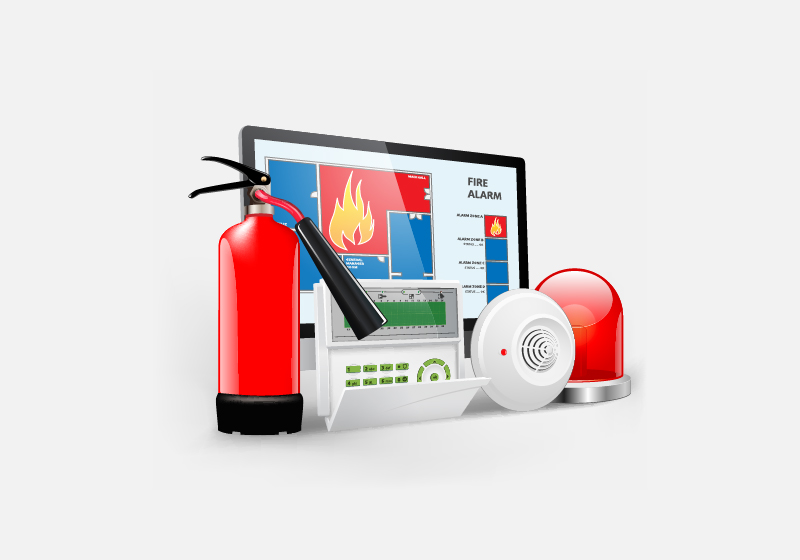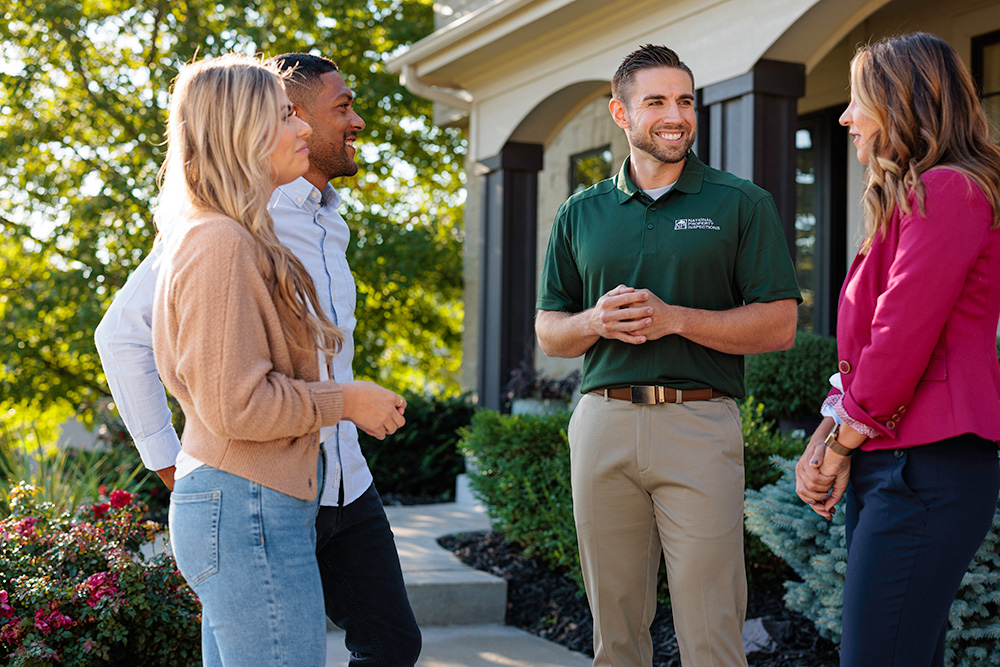An emergency can strike anytime, anywhere, even in the place we’re supposed to feel safest–home. While it’s not easy to think about, some emergencies are unavoidable, and the best thing you can do for you and your family is be prepared.
Do a Home Safety Check
A preventative home safety check can help decrease your chances of a major accident. Examine each nook and cranny to ensure that you do a comprehensive check. Go room by room and inspect all appliances, fixtures and furniture for potential safety issues.
In Your Kitchen
In Your Bedrooms and Living Rooms
In Your Bathrooms
In Hallways and Stairways
In Your Basement
Accounting for Small Children
Whether you have kids yourself, or have family and friends that do, your checklist will need to be adapted. Unless you can watch them at all times, your house will need to go through a “baby overhaul.” Watch out for more things like chipped paint, high surfaces and easily accessible doors. Along with your normal check, go over a baby safety guide to keep everyone in your home out of harm’s way.
Install Warning Devices and Preventative Items
A checklist is a good starting point to improve your home’s safety, but there is even more involved. You should also install safety devices around your home. These devices include:
There are a variety of makes and models to choose from for each of these categories, so it is important to know which one fits your needs.
Create a Plan
On top of a safety check and other emergency features, the best thing you can do to protect yourself is having a plan. Whether it be a fire, severe storm, power outage or other situation, create a plan with your household. Each plan will be different depending on the circumstance, but some common elements are:
You should regularly practice your plans, and update them as necessary. Even though you can’t account for every situation, regular practice and studying will keep you better prepared.
Call National Property Inspections Today
If you’re ever in question about something that you notice, don’t hesitate to call your local NPI home inspector. NPI inspectors are professionally trained to spot things that might normally go unseen. With a professional home inspection, NPI can help keep your family safe and happy.



